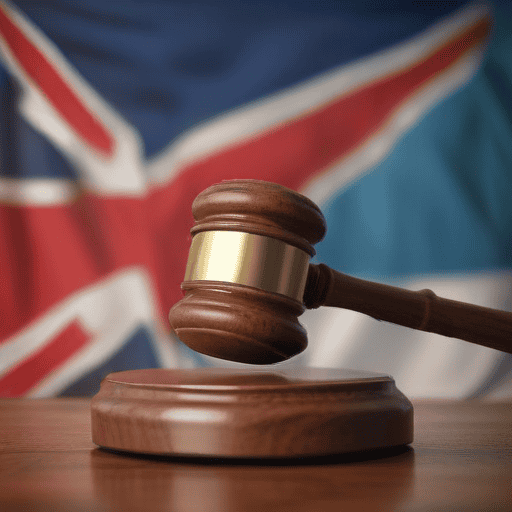Prime Minister Sitiveni Rabuka’s recent decision to appoint seven Opposition MPs from the Group of Nine (G9) into key government positions marks a significant transformation in Fiji’s political dynamics. This strategic move illustrates Rabuka’s adeptness in navigating the complex political landscape, though it raises critical questions regarding its potential impact on the principles of democratic governance in the country.
The G9 was established following the deregistration of the FijiFirst party in July 2024, bringing together members who had broken away from the opposition led by Inia Seruiratu. This created an unusual political coalition where these independent MPs began functioning outside traditional party lines. By incorporating them into his coalition government, Rabuka has not only redefined political alliances but also consolidated his power, particularly in a parliamentary system where each vote carries significant weight.
However, this shift brings to light certain ambiguities within Fiji’s 2013 Constitution. Political analysts have pointed out that there is a lack of clear provisions relating to the crossover of crossbenchers or independent MPs into government roles. While Attorney-General Graham Leung maintains that such actions are not explicitly forbidden by the Constitution, the absence of specific guidance raises concerns regarding potential political maneuvering and the preservation of parliamentary integrity.
This situation prompts a number of critical questions. Does the ambiguity in the Constitution facilitate unchecked political strategies? Could the actions taken by Rabuka lead to a decline in trust towards parliamentary processes? By appointing former opposition MPs to ministerial roles, Rabuka bolsters his government but may cultivate an image of opportunism, which could undermine trust in his leadership.
Looking ahead, the long-term effects of these political shifts on Fiji’s governance framework are uncertain. Critics caution that the moves appear to prioritize consolidation of power rather than genuine collaborative governance, particularly with the 2026 General Election approaching. The Constitution’s vagueness, while providing flexibility, also risks exploitation, especially in a political environment where public confidence in institutions is fragile.
Ultimately, Rabuka’s strategic decisions highlight an urgent need for constitutional reforms aimed at clarifying ambiguities and protecting against potential abuses of power. Fiji’s democratic evolution is ongoing, with the current political landscape offering both challenges and opportunities for progress. While Rabuka’s present position may seem strengthened, the broader implications for governance and the trustworthiness of political processes deserve careful consideration.
As Fiji navigates these changes, there is hope that the nation can prioritize meaningful democratic principles over transient political advantages, ensuring a governance system that serves and reflects the interests of all its citizens.
In summary, this situation calls for vigilance and proactive measures to safeguard democratic values in Fiji’s political framework.

Leave a comment